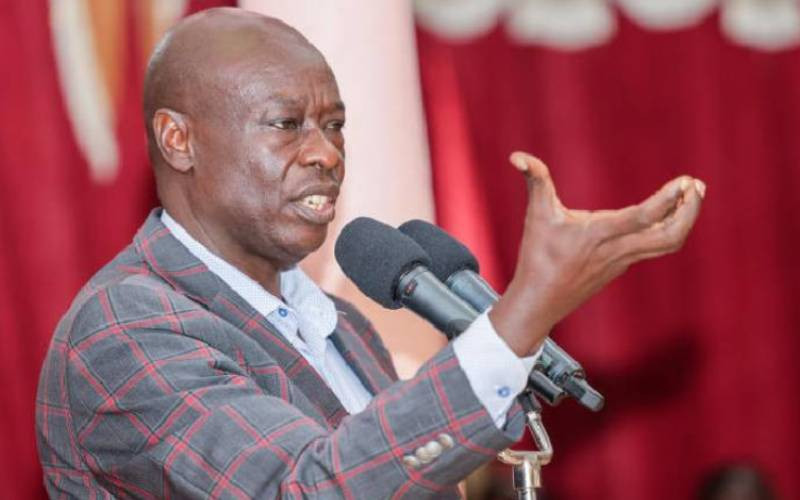Swiss commodities trader Glencore will acquire a 77 per cent stake in Teck’s coal business, while steelmakers Nippon Steel Corp. and Posco will hold the rest

Article content
The Canadian government has approved Glencore Plc’s $6.9-billion acquisition of Teck Resources Ltd.’s B.C. metallurgical coal business with several stringent conditions to protect local jobs and the environment.
Industry Minister Francois-Philippe Champagne approved the Glencore transaction of the B.C. business, Elk Valley Resources, late Thursday.
Advertisement 2
Article content
In the deal first announced last fall, Swiss commodities trader Glencore will acquire a 77 per cent stake in Teck’s coal business, while steelmakers Nippon Steel Corp. and Posco — which own minority stakes in Teck coal mines — will hold the rest.
In a statement, Champagne said the government had also secured a commitment from Teck to reinvest a significant amount of the proceeds from the transaction into its copper growth portfolio, positioning the company for leadership in critical minerals.
He also raised the bar for approval of any future foreign transactions involving large Canadian mining companies engaged in significant critical minerals opeartions. Moving forward, any such acquisitions will only be found to be in Canada’s interest in “the most exceptional of circumstances.”
“Today’s decision will result in a well-capitalized Teck that is better able to pursue its ambitions as a major Canadian mining player in critical minerals,” Champagne said.
The two companies spent much of last year in a bitter public fight after Teck rejected an unsolicited $23 billion offer from Glencore, which proposed splitting it into metals- and coal-focused companies. The Glencore offer, while unsuccessful, was enough to disrupt an earlier plan by Teck to spin off its coal business.
Article content
Advertisement 3
Article content

For Teck, the ultimate deal ended its struggle to find a solution for its mines that produce steelmaking coal after years of studying various options, while securing the cash it needs to fund its metals business.
Champagne said Glencore made legally binding pledges to establish and maintain a head office for Elk Valley Resources in Vancouver, maintain regional offices in Calgary and Sparwood, ensure that a majority of its directors are Canadians and at least 66 per cent of all executives and senior managers are Canadians — all for at least the next 10 years.
For the next five years, it must maintain “significant employment levels” at Elk Valley Resources, Champagne said.
Glencore has also made binding environmental commitments, he said, including taking responsibility for stewardship through to 2050 — even if it sells or disposes of the asset — and spending an additional $350 million in rehabilitation and closure activities over five years.
Finally, Glencore agreed to maintain Teck’s “leading commitments” to Indigenous people, including honoring existing pledges to communities and boosting their participation in benefits from the business, including job and procurement opportunities.
Advertisement 4
Article content
“Canada welcomes foreign investment and acknowledges its importance to the mining sector,” said Champagne, though he warned: “The government will not hesitate to act when it is of the view that a transaction would be harmful to Canada’s economic interests or the environment.”
In explaining his decision to raise the standard for approval of future acquisitions involving large Canadian critical minerals firms, he said it was spurred in part by the circumstances that led to this transaction.
“Canadians cannot ignore that we are in a world of geopolitical competition, with critical minerals at the very core of advanced industrial and defence policies,” he said.
Large mining takeovers by foreign companies have been a touchy topic in Canada ever since a wave of deals more than 15 years ago took out some of the country’s biggest players, including nickel miner Inco Ltd. and aluminum producer Alcan Inc. When BHP Group proposed a takeover of Potash Corp. of Saskatchewan in 2010, then-Prime Minister Stephen Harper’s government blocked the deal on the grounds that it wouldn’t be of “net benefit” to the country.
Advertisement 5
Article content
Teck’s B.C. coal mines have been under heightened scrutiny with pollution seeping into a watershed shared with Idaho and Montana becoming a sore spot for U.S. relations — enough so that U.S. President Joe Biden and Prime Minister Justin Trudeau issued a joint statement last year committing to “reduce and mitigate” the impacts of water contamination in the region.
Bookmark our website and support our journalism: Don’t miss the news you need to know — add VancouverSun.com and TheProvince.com to your bookmarks and sign up for our newsletters here.
You can also support our journalism by becoming a digital subscriber: For just $14 a month, you can get unlimited access to The Vancouver Sun, The Province, National Post and 13 other Canadian news sites. Support us by subscribing today: The Vancouver Sun | The Province.
Article content




















Discussion about this post